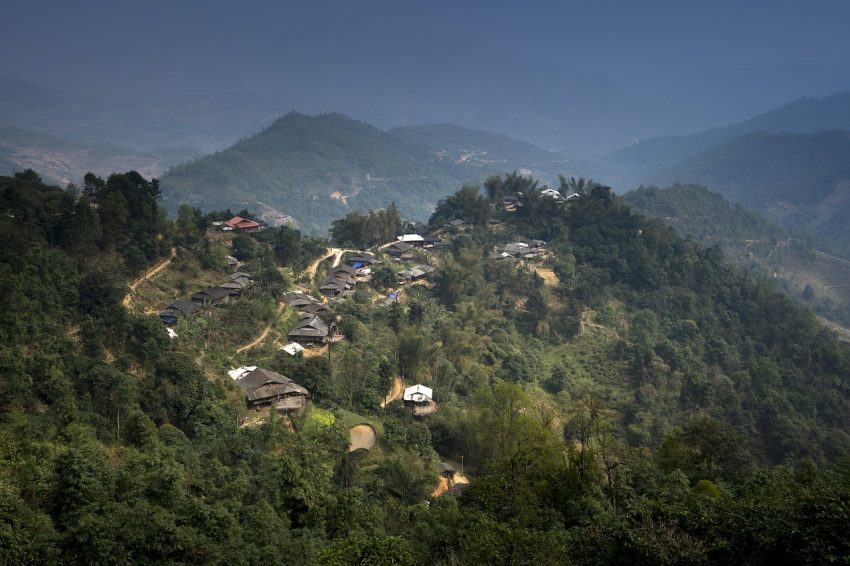The International Monetary Fund (IMF) and the World Bank are creating funding programs that will push poor countries to cut back on carbon emissions, report two authors in Foreign Policy magazine.
Vijaya Ramachandran and Arthur Baker, both of the Breakthrough Institute, write that the two institutions “are under pressure from their rich donor governments to sideline economic development and poverty reduction—and shift focus to reducing carbon emissions.”
- The IMF is considering a $50 billion Resilience and Sustainability Trust. It would aid countries that try to reduce their greenhouse gas emissions, but “support could be contingent on recipient countries’ plans to reduce emissions.”
- A new “climate action plan” from the World Bank will also tailor its funded projects to cutbacks in greenhouse gases. “Already, the World Bank has severely restricted investments in natural gas projects, no longer funding exploration, development, production, or transportation of gas in the developing world.
The writers add:
“The shift of focus from poverty to climate is unjust, ineffective, and disastrous for the world’s poor. It’s unjust because rich countries are forcing the World Bank and IMF to deprioritize poverty reduction despite this mission being vital to protect developing countries from the climate shocks caused by rich countries’ emissions. It’s ineffective because poor countries make up only a tiny fraction of global emissions—and their share will remain small even if they were to grow rapidly using fossil fuels. And it will be a disaster for the 3 billion people struggling to escape misery because every dollar spent on the new carbon-reduction mission is a dollar that could instead go into education, medical services, food security, and critical infrastructure.”
Vietnam image by Quang Nguyen vinh from Pixabay.


Most foreign aid projects suffer from the fact that the people in the organizations who set out to do good for the poor have never been poor, know very few poor people, are schooled in theories and ideas rather than experience. They think top down rather than bottom up. When they go to implement their programs in poor countries, they typically hire the more affluent locals or people sent to them by corrupt governments. “Hire my uncle” and “spend your money on my pet project for my favored constituents”. The stories of mistakes and corruption are innumerable and largely ignored.
Typical: In the 1990s the World Bank, USAID and others spent tens of millions to rebuild water lines in the Aral Sea area of Kazakhstan and Uzbekistan. An engineering contractor told me the lines and pumps would be soon cannibalized. The WB’s survey of people’s needs and desires showed top wish was to get the hell out of the desert where socialist planners had put them and get into cities where there were services and jobs. Nope. The aid agencies knew best and blew their funds on water lines and creating local commissions. 25 years later? The population has shrunk and poverty prevails.
Wallace, you are absolutely right. Elites always “know best” and others suffer. Even in North Carolina, the state has tried for decades to make the rural areas of the state attractive to new business, even creating a “Global TransPark,” a “multi-modal industrial/airport site” designed to rejuvenate eastern North Carolina. It’s pretty much empty, I understand.